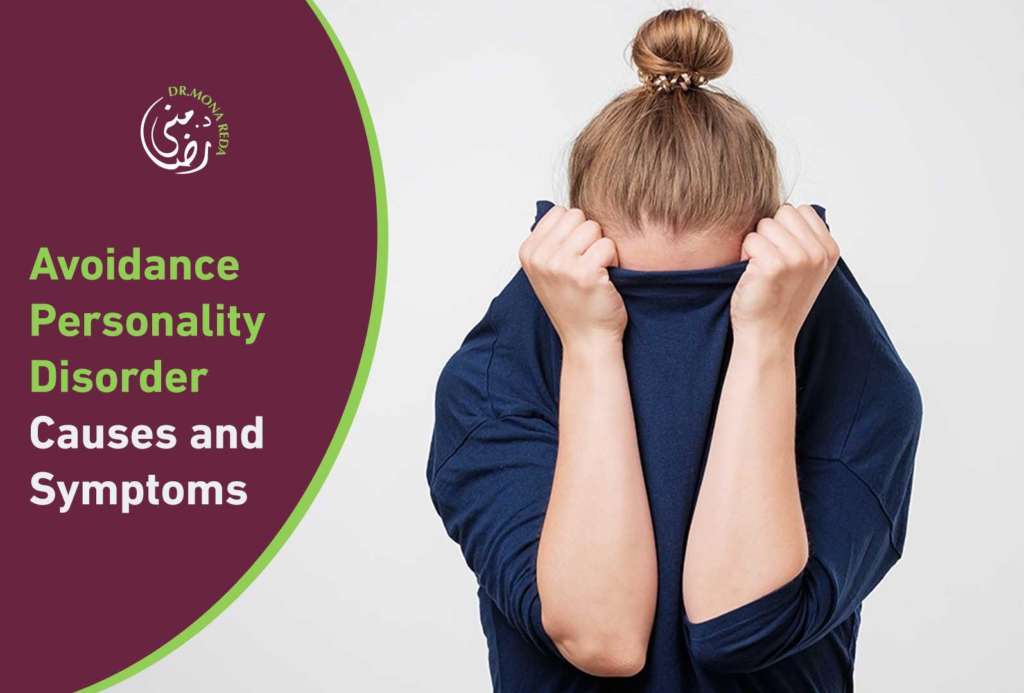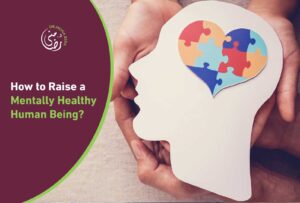Some people suffer from shyness or discomfort in large gatherings, but there are some people who will not stop at this shyness or temporary introversion, but even develop avoidant personality disorder, a disorder that greatly affects the lives of individuals with it and their ability to communicate and interact socially with others.
Social support and psychotherapy by a specialist psychiatrist are of great importance in helping these people overcome the challenges they face to improve their quality of life.
In this article, we will learn about what is avoidant personality disorder, its causes, and how to treat it?
What is avoidant personality disorder?
It is one of the common psychiatric disorders affecting individuals’ behavior and personal relationships, and is characterized by a constant pattern of feeling cautious, social avoidance, feeling helpless, and craving for isolation.
People with avoidant personality disorder have difficulty establishing or maintaining strong relationships with others regardless of their desire to do so.
Of course, this disorder affects both partners. If one spouse has the disorder, the other side is certain to suffer from severe emotional dehydration.
Symptoms of avoidant personality disorder
The severity of symptoms of this disease can vary from person to person, but common symptoms of this disorder include:
- Fear of extreme rejection from others.
- Prefer isolation rather than risk rejection in the relationship.
- Hypersensitive and can be easily affected by criticism.
- They have few close friends and do not want to engage with others unless they are sure they are loved.
- Avoid activities or functions involving being with others.
- They are always ashamed and embarrassed in social situations because of the fear of doing something wrong.
- They have a bad image of themselves, and they see themselves as insufficient.
- They rarely try anything new or take risks.
Personality avoidance and marriage
Avoidant personality disorder sufferers many difficulties about entering into an emotional relationship in general and marrying in particular.
He fears rejection and has no confidence in himself therefore does not feel comfortable gathering with relatives or parents of the partner, He felt that he did not deserve to be admired. Moreover, he was a person who did not tend to practice intimacy with the other party because of his lack of confidence and constant fear of criticism.
Treatment of avoidant personality disorder
Effective treatments for patients with avoidant personality disorder include:
- Cognitive behavioral therapy that focuses on the acquisition of social skills.
- Other group treatments, if the group consists of people with the same difficulties.
- Patients with avoidant personality disorder benefit from individual treatments that support the patient’s hypersensitivity to others.
- Dynamic psychotherapy that focuses on training in basic communication skills.
- No drugs have been tested or approved for use in the treatment of avoidant personality disorder.
If you suffer from extreme social shame and are uncomfortable with social gatherings, you are likely to develop avoidant personality disorder.
So you can communicate with Dr. Mona Reda, psychiatrist and sexual therapist to ensure better mental health and better communication with others.
Resources:









